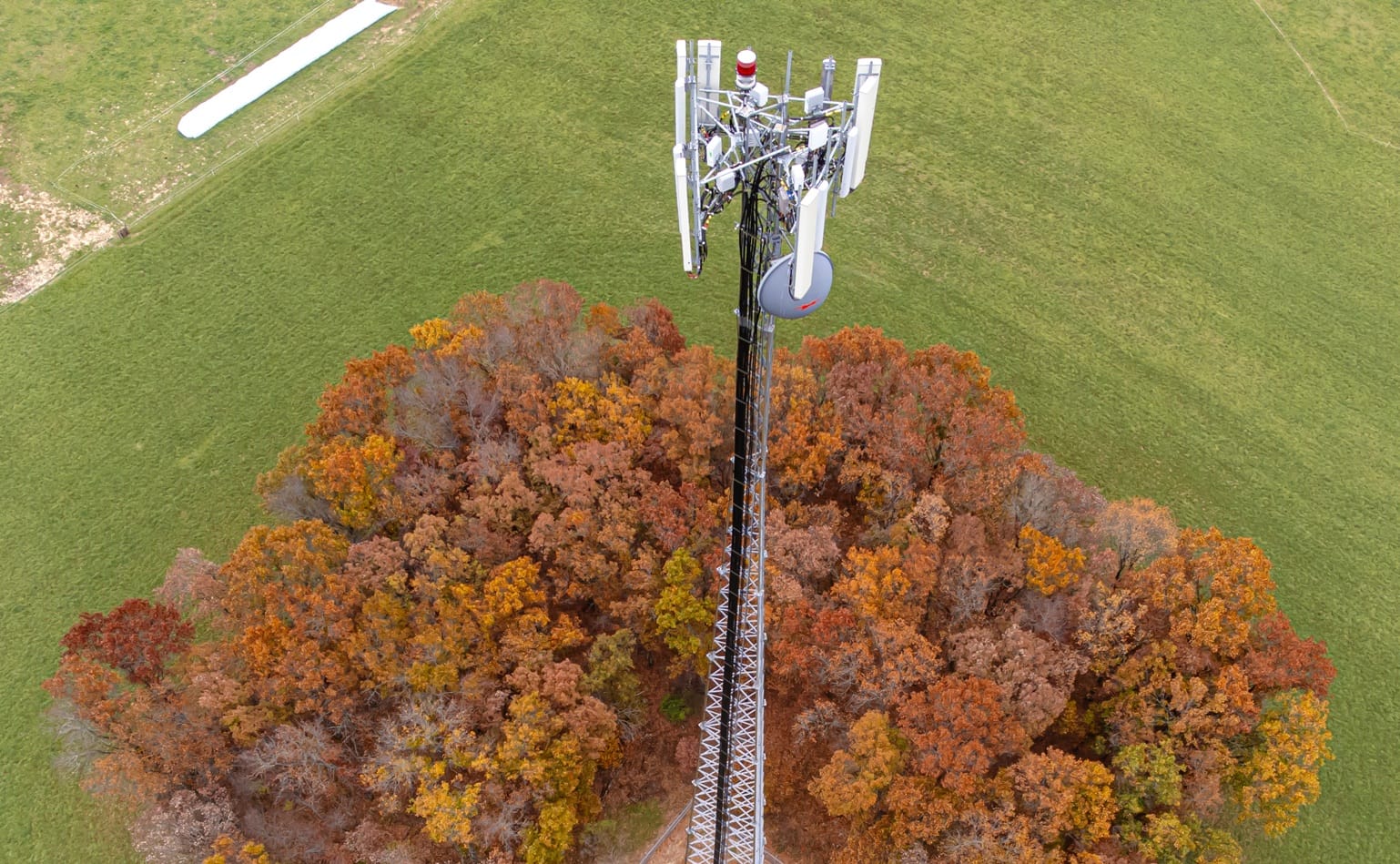Judge Rules Blanket Search of Cell Tower Data Unconstitutional
This article was produced in collaborationwith Court Watch, an independent outlet that unearths overlooked court records.Subscribe to them here.A judge in Nevada has ruled that tower dumpsthe law enforcement practice of grabbing vast troves of private personal data from cell towersis unconstitutional. The judge also ruled that the cops could, this one time, still use the evidence they obtained through this unconstitutional search.Cell towers record the location of phones near them about every seven seconds. When the cops request a tower dump, they ask a telecom for the numbers and personal information of every single phone connected to a tower during a set time period. Depending on the area, these tower dumps can return tens of thousands of numbers.Cops have been able to sift through this data to solve crimes. But tower dumps are also a massive privacy violation that flies in the face of the Fourth Amendment, which protects people from unlawful search and seizure. When the cops get a tower dump theyre not just searching and seizing the data of a suspected criminal, theyre sifting through the information of everyone who was in the location.A Nevada man, Cory Spurlock, is facing charges related to dealing marijuana and a murder-for-hire scheme. Cops used a tower dump to connect his cellphone with the location of some of the crimes he is accused of. Spurlocks lawyers argued that the tower dump was an unconstitutional search and that the evidence obtained during it should not be. The cops got a warrant to conduct the tower dump but argued it wasnt technically a search and therefore wasnt subject to the Fourth Amendment.U.S. District Juste Miranda M. Du rejected this argument, but wouldnt suppress the evidence. The Court finds that a tower dump is a search and the warrant law enforcement used to get it is a general warrant forbidden under the Fourth Amendment, she said in a ruling filed on April 11. That said, because the Court appears to be the first court within the Ninth Circuit to reach this conclusion and the good faith exception otherwise applies, the Court will not order any evidence suppressed.Du argued that the officers acted in good faith when they filed the warrant and that they didnt know the search was unconstitutional when they conducted it. According to Du, the warrant wasnt unconstitutional when a judge issued it.Dus ruling is the first time the United States Court of Appeals for the Ninth Circuit has ruled on the constitutionality of tower dumps, but this isnt the first time a federal judge has weighed in. One in Mississippi came to the same conclusion in February. A few weeks later, the Department of Justice appealed the ruling.Theres a decent chance that one of these cases will wind its way up to the Supreme Court and that SCOTUS will have to make a ruling about tower dumps. The last time the issue was in front of them, they kicked the can back to the lower courts.In 2018, the Supreme Court considered Carpenter v. United States, a case where the FBI used cell phone location data to investigate a series of robberies. The Court decided that law enforcement agencies violate the Fourth Amendment when they ask for cell phone location data without a warrant. But the ruling was narrow and the Court declined to rule on the issue of tower dumps.According to the court records for Spurlocks case, the tower dump that caught him captured the private data of 1,686 users. An expert who testified before the court about the dump noted that the wireless company users whose phones showed up in the tower dump data did not opt in to sharing their location with their wireless provider, and indeed, could not opt out from appearing in the type of records received in response to [the] warrant.



